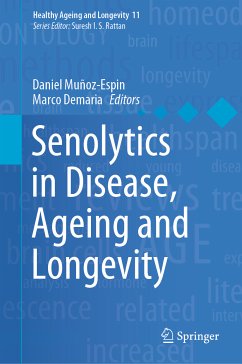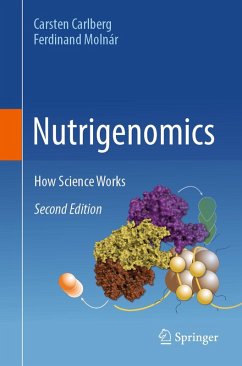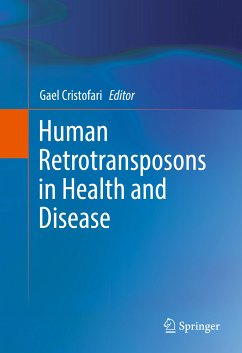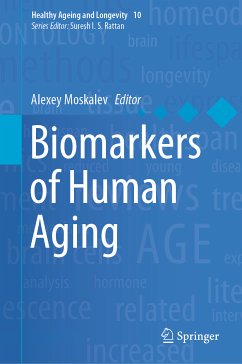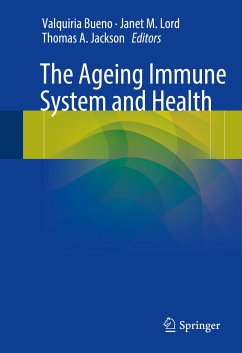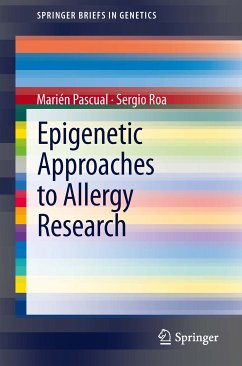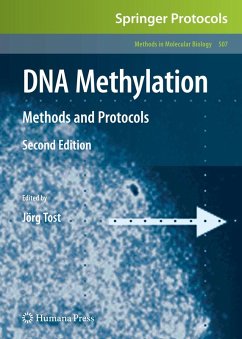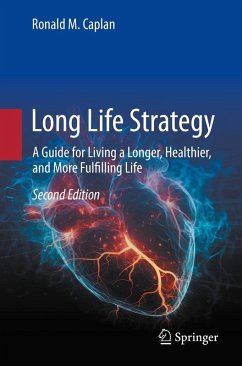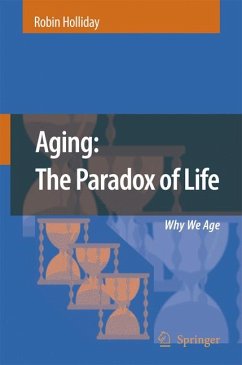
Early Life Origins of Ageing and Longevity (eBook, PDF)
Versandkostenfrei!
Sofort per Download lieferbar
72,95 €
inkl. MwSt.
Weitere Ausgaben:

PAYBACK Punkte
36 °P sammeln!
This book provides a comprehensive overview of the field of developmental programming of ageing phenotypes. Although gerontological research has traditionally focused on later stages of the life cycle, growing evidence indicates that both the rate of ageing-associated functional declines, and the risks of later-life chronic pathological conditions, can be traced to origins early in life.While other books in the field concentrate on the developmental origin of particular disorders, this volume offers a detailed guide to all important aspects of the role of early-life conditions in programming b...
This book provides a comprehensive overview of the field of developmental programming of ageing phenotypes. Although gerontological research has traditionally focused on later stages of the life cycle, growing evidence indicates that both the rate of ageing-associated functional declines, and the risks of later-life chronic pathological conditions, can be traced to origins early in life.
While other books in the field concentrate on the developmental origin of particular disorders, this volume offers a detailed guide to all important aspects of the role of early-life conditions in programming both chronic pathological conditions and the ageing process.
Interest in the study of ageing and longevity had its beginnings in research on the fetal origins of adult disease. This has evolved into a hypothesis on the Developmental Origins of Adult Health and Disease (DOHaD), which postulates that adverse environmental exposures during critical in-utero and early postnatal stages of development may permanently change physiological responses and cause functional impairments and disorders in adult life.
In this book, the contributing authors and leading experts from around the world, describe research on mechanisms underlying the developmental programming phenomenon, as well as interventional strategies aimed at restoring developmentally disrupted epigenetic patterns.
Early Life Origins of Ageing and Longevity benefits a wide audience of working scientists, clinicians, and advanced students, and will also interest scientifically curious general readers who wish to know more about current research in this rapidly evolving field.
While other books in the field concentrate on the developmental origin of particular disorders, this volume offers a detailed guide to all important aspects of the role of early-life conditions in programming both chronic pathological conditions and the ageing process.
Interest in the study of ageing and longevity had its beginnings in research on the fetal origins of adult disease. This has evolved into a hypothesis on the Developmental Origins of Adult Health and Disease (DOHaD), which postulates that adverse environmental exposures during critical in-utero and early postnatal stages of development may permanently change physiological responses and cause functional impairments and disorders in adult life.
In this book, the contributing authors and leading experts from around the world, describe research on mechanisms underlying the developmental programming phenomenon, as well as interventional strategies aimed at restoring developmentally disrupted epigenetic patterns.
Early Life Origins of Ageing and Longevity benefits a wide audience of working scientists, clinicians, and advanced students, and will also interest scientifically curious general readers who wish to know more about current research in this rapidly evolving field.
Dieser Download kann aus rechtlichen Gründen nur mit Rechnungsadresse in A, B, BG, CY, CZ, D, DK, EW, E, FIN, F, GR, HR, H, IRL, I, LT, L, LR, M, NL, PL, P, R, S, SLO, SK ausgeliefert werden.



